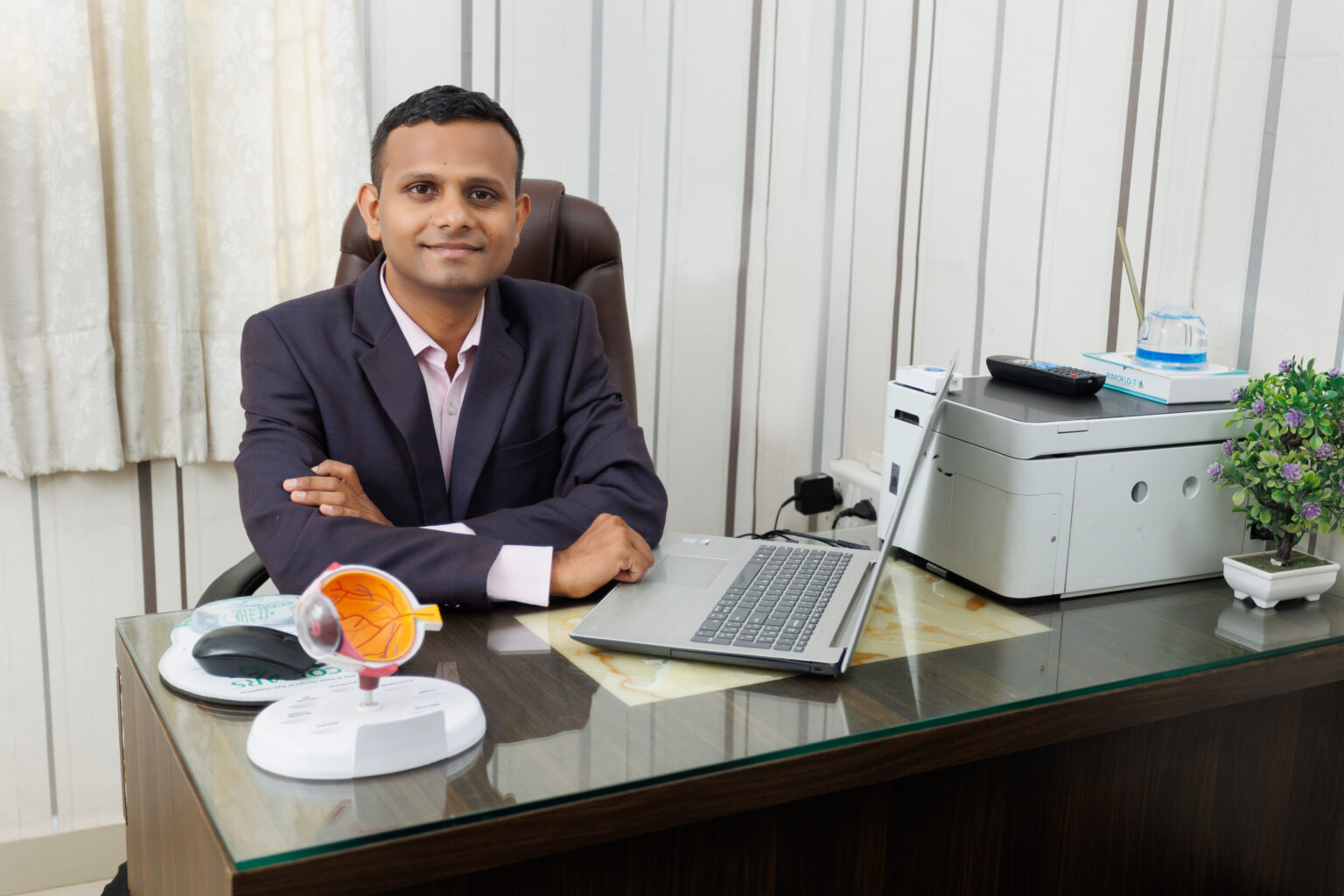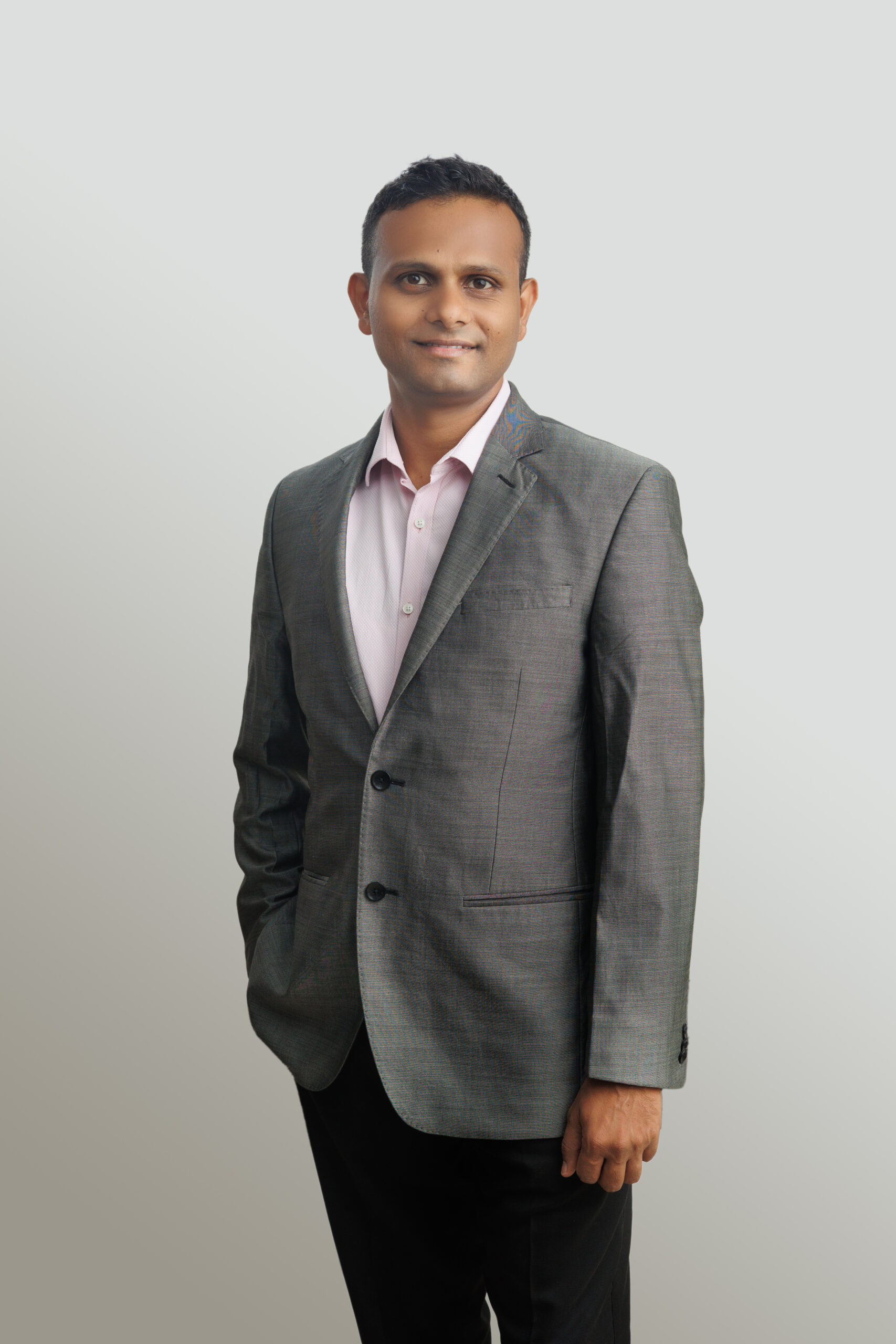About Eye Care Center In Badlapur.

we are a leading eye care center in Badlapur.
Lakshya Eye Hospital oprated under Lakshyadeep Foundation, which is a charitable trust, this Eye hospital is the one and only pit stop you need for all your eye care issues in Badlapur.
With over 11 years of expertise and the latest, most advanced in-house equipment, we stand out because of our strong values & deep-rooted history with ophthalmology.
Our specialists are consistent in preserving & improving eye sights.At Lakshya eye hospital, the health & safety of your eyes is our topmost priority.
- Advanced eye care
- Personalised lens recommendations and support
- Most advanced lens options for optimal vision corrections
- NABH-Accredited, ensuring highest standards of safety and quality
ONE OF THE RENOWNED CATARACT SURGEON IN BADLAPUR
-
11+ years Experience
Dr. Pradip Koli has been in the field for more than a decade, and has successfully operated 4,000+ cataract patients in Badlapur, which makes him an expert you can trust.
-
Seamless Care
From your first visit to follow-up care, Dr. Koli makes your eye health journey smooth, worry-free, comfortable and easy.
-
Unparalleled Expertise
Dr. Koli's dedication to advancing eye care shines through his active participation in national and international eye conferences. He is well-recognised for compassionate patient care and innovative surgical techniques.

Our vision is to clear your Vision
Proin nec eleifend augue. Nulla vitae congue tellus. Nam cursus elementum nibh, lobortis dictum orci ullamcorper vel. Aliquam sed lacus non elit tempor fermentum.
our goal
Proin nec eleifend augue. Nulla vitae congue tellus. Nam cursus elementum nibh, lobortis dictum orci ullamcorper vel. Aliquam sed lacus non elit tempor fermentum.

Restoration of good vision is combination of both science and arts
When vision correction is required everyone should look for safety, standards, skills and trust on the hospital and their team. At Lakshya hospital the entire team is devoted to bringing light in the life of our patients.
how it works?
1
Book a consultation
Book an online/ in call consultation at Lakshya eye hospital with Dr. Pradip Koli and confirm your time and date to meet the doctor.
2
Meet our expert doctor
Let the doctor know your problems and understand the history of the problem to plan the best treatment to give you the most spectacular vision.
3
Know your plan of treatment
Understand the plan of treatment and estimate the cost of your treatment. In addition to that, understand the dates for follow-up consultation.


the most question
Cataracts grow gradually with the slow blurring of vision that is not correctable by glasses. Some people get their vision quickly deteriorated, with difficulty in night time driving, glares, halos, and overall foggy vision
Cataract can happen in children as well. Any white reflex observed in children should be taken very seriously. Visit pediatric ophthalmologist at Indovision for prompt diagnosis and management
Avoid rubbing the eye or compression (while sleeping) for a month. Avoid dust, pollution and water entering the eyes for a month. Head baths should be avoided for 30 days. Follow the medication guideline strictly and maintain good eye hygiene
Currently cataract surgery is treatment of choice for cataracts. There are many advances in cataract surgery & outcomes are excellent.
No,there is no other way except for cataract surgery to treat cataract.
Cataract is anterior segment pathology. Surgery will extract cataractous lens & place artificial lens to provide best visual acuity. But sometimes posterior segment pathologies may co-exist in patients which will result in poor vision. For example, retinal or vitreous pathologies or macular degeneration.
Lens will become harder as cataract matures. In phacoemulsification, we use ultrasound waves to break this cataractous lens inside the eye. Harder the lens, more difficult it is to break & remove. Very matured or hard lens may suddenly burst & cause vision loss which may be complete. It is always better to perform cataract surgery when lens is soft & safe to operate.
- As we know cataract is part of normal aging. We cant really avoid cataract but we can slow down development of cataract. Following precautions are advised:
- Stop smoking
- Excellent control of diabetes.
- Periodic eye check-up
- Sunglasses with UV filter
- Antioxidant rich vegetables & fruits
- Currently phacoemulsification is surgery of choice for cataract. It has many advantages over SICS.
- It is micro incision surgery. It is stitch less, safer & offers quicker recovery.
Though the risks involved with cataract eye surgery are quite uncommon but may include few complications can be inflammation, bleeding, swelling, drooping eyelid, glaucoma, loss of vision, dislocation of an artificial lens, secondary cataract, infection, retinal detachment, etc.
No. It doesnt happen. In rare cases, Posterior capsule opacification may develop, which is removed using a laser on an outpatient basis.
Cataracts commonly occur in adult life. These are age-induced cataracts and may develop after 40 years of age. But not all people develop a cataract in old age and not all who develop it require treatment.
Cataract generally develops in one eye faster than the other, so it is advisable to operate the one in worse condition first. But it is possible to operate on both at the same time after understanding the details of the process.
It depends on the eye and the healing responses of the body and type of intraocular lens selected. Gross work can be done without glasses but fine work may require a visual aid
Yes, a person remains awake during the cataract surgery.
Posterior capsule opacification is one of the common complications of cataract surgery. It makes your vision blurry. It is often known as a secondary cataract, which depicts opacification of the bag in which the artificial lens was initially placed. This is easily treatable as an office procedure in a painless manner with the help of YAG lasers
Most patients can get back to work after three days. However, a week-long rest is ideal. You would need to maintain precautions like no splashing of water in your eyes for up to three weeks and keep putting medications as recommended by your surgeon for six weeks or more as required

